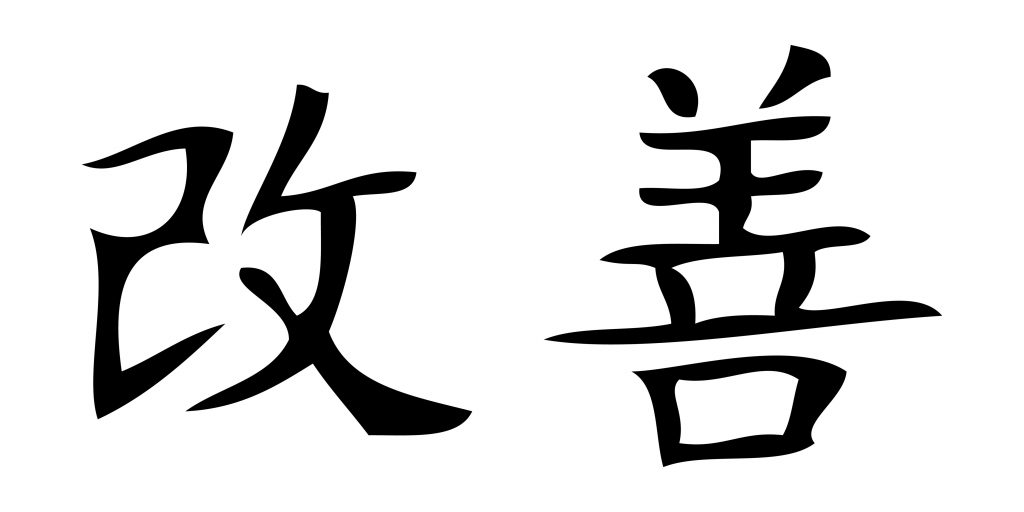Kaizen
What is Kaizen?
Kaizen is about incremental change, which is often criticized for being too slow and simply doing more of the same. In fact, it can be wildly powerful. The Japanese developed kaizen—it means good change—the idea of continuous improvement. Using kaizen in manufacturing, engineering, quality improvement, assembly, and other practices, they incrementally made better and better products. The practice took their economy to new heights and dislodged U.S. automakers and other manufacturers from their long-time dominance. Now it’s more of a philosophy of constantly making small improvements to any kind of work, changes that over time add up to create dramatic results.
The management philosophy focuses on improving processes, products, and services continuously to maximize efficiency and productivity while minimizing waste. Here are some ways nonprofits and causes can use Kaizen principles to help them achieve their goals more effectively and efficiently:
- Set clear goals and priorities and align them with their mission. They should evaluate their current programs and services and identify areas that need improvement. This will help them focus their resources on the most important activities.
- Involve all stakeholders, including staff, volunteers, donors, and beneficiaries, in the improvement process. By involving everyone in the organization, they can identify areas for improvement and implement solutions that work for everyone.
- Track, measure and analyze progress They should analyze data to identify trends, identify areas for improvement, and make data-driven decisions.
- Nonprofits and cause groups should continuously improve their processes, products, and services, and seek out new ideas and best practices, test and experiment, and implement changes that improve efficiency, effectiveness, and impact.
- Communicate and celebrate the progress and successes regularly to stakeholders. And recognize those who contributed to the improvements.
Great introduction to Kaizan including principles, practices, examples. 35 min.
What is Kaizen? Continuous improvement by everyone, every day, everywhere. 4 min.
Related Links

